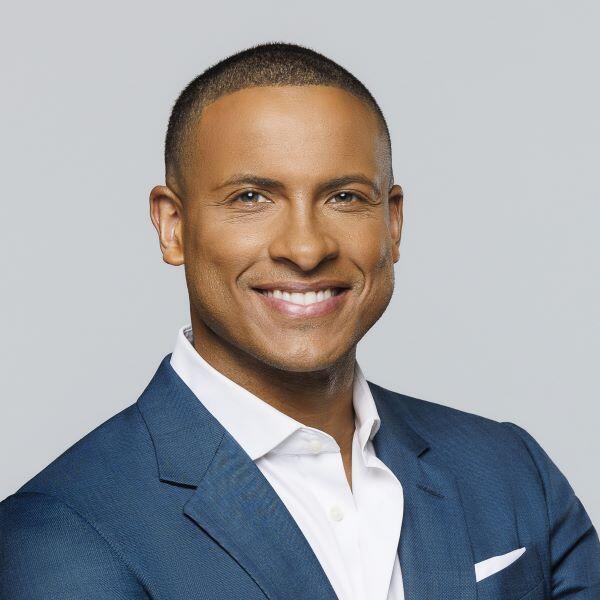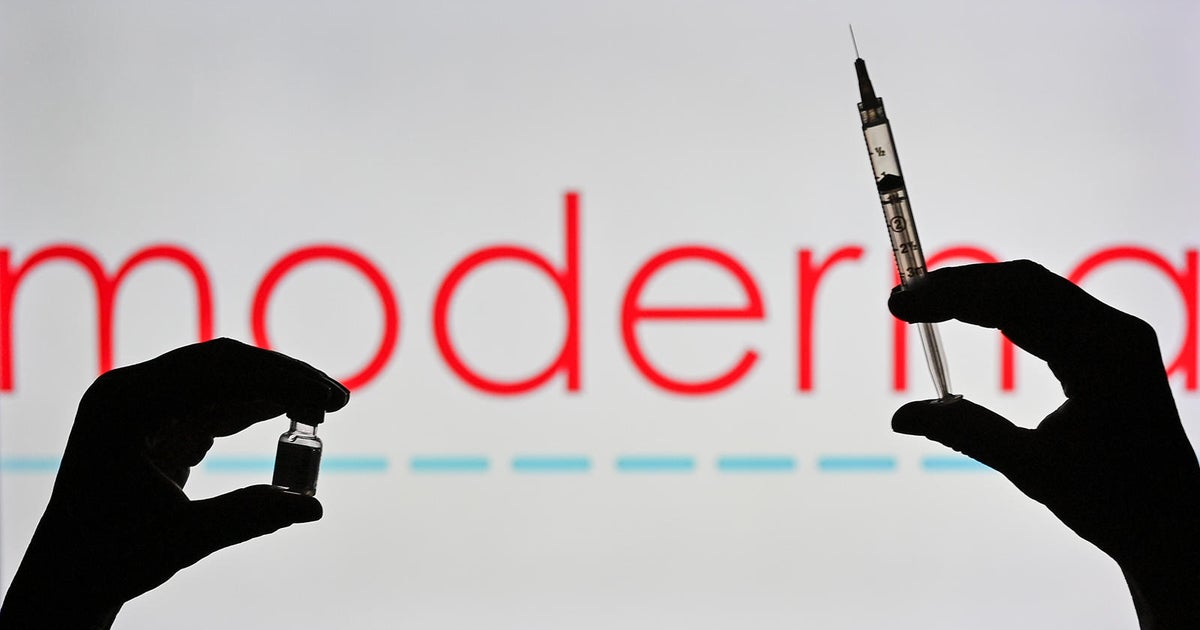Extra Pfizer COVID-19 vaccine doses bring optimism to embattled hospital workers: "What we've all been hoping for"
Special Deputy U.S. Marshal Lieutenant Delmar Henderson escorted the first batch of Pfizer's COVID-19 vaccine down the halls of Cleveland's MetroHealth hospital on Tuesday — a moment health care workers and staff there had been desperately waiting for.
Once thawed and mixed with a saline solution, the hospital was ready to begin vaccinations Wednesday.
Critical care doctor Sherrie Williams was first in line, though she is still witnessing the painful impact of the country's worst pandemic in a century.
"It's exhausting and it's heartbreaking," she told CBS News. "Young people, old people, people that I'm just now meeting and watching their families be devastated."
Williams said she had lost a patient that very morning, as well and the day before.
For some of the hospital's staff, the loss is uniquely personal.
"My grandfather, he ended up passing in July from complications related to COVID," nurse David Belak said.
Belak's grandfather was being treated on the floor Belak worked while he was slipping away. He had been the last relative to see his grandfather alive.
"Not even my grandmother was able to see him — I mean they were able to Zoom, Zoom call but it's not the same thing," he said.
What was striking was that every person CBS News spoke to at the Ohio hospital that had received the vaccine had also either lost someone to the pandemic or had a relative they were desperate to see.
However, there is a sense of optimism that the vaccine could provide a turning point — a hope that was amplified as Dr. Brook Watts and her team discovered something unexpected.
"Each vial was meant to be five, was originally labeled for five doses," Watts said. "There are six full doses in each vial at least."
The extra doses mean hundreds more doctors, nurses and support staff like police officers and custodians at Cleveland MetroHealth could get vaccinated early.
"This is what we've all been hoping for, looking for," Watts said.
Despite the good news, there are still some, like hospital public safety official Lieutenant Delmar Henderson, whose own family has doubts about the shot. Henderson said he understood their reluctance, because he was "on the fence" himself.
Recent surveys show Black Americans are less likely than other groups to want the vaccine, although trust overall has increased.
Henderson, however, a former marine, changed his mind when his father told him "that's the right thing to do."
"I've been serving my country my entire life," Henderson said. "So what better way to serve my country and my community than this stage right here and receive this vaccine?"
His dad, Mike, survived cancer multiple times and suffers with diabetes.
After being among the first to get the vaccine at MetroHealth, Henderson went for a socially distanced visit with the man he calls his hero — face-to-face for the first time in months.
During the visit Mike asked his son how he was feeling after the vaccine.
"I feel good. I feel good. So when the test come and it's your time, take it. But I feel good," Henderson said.
His dad replied, "I got to talk to the doctor, but I'm gonna take it."




